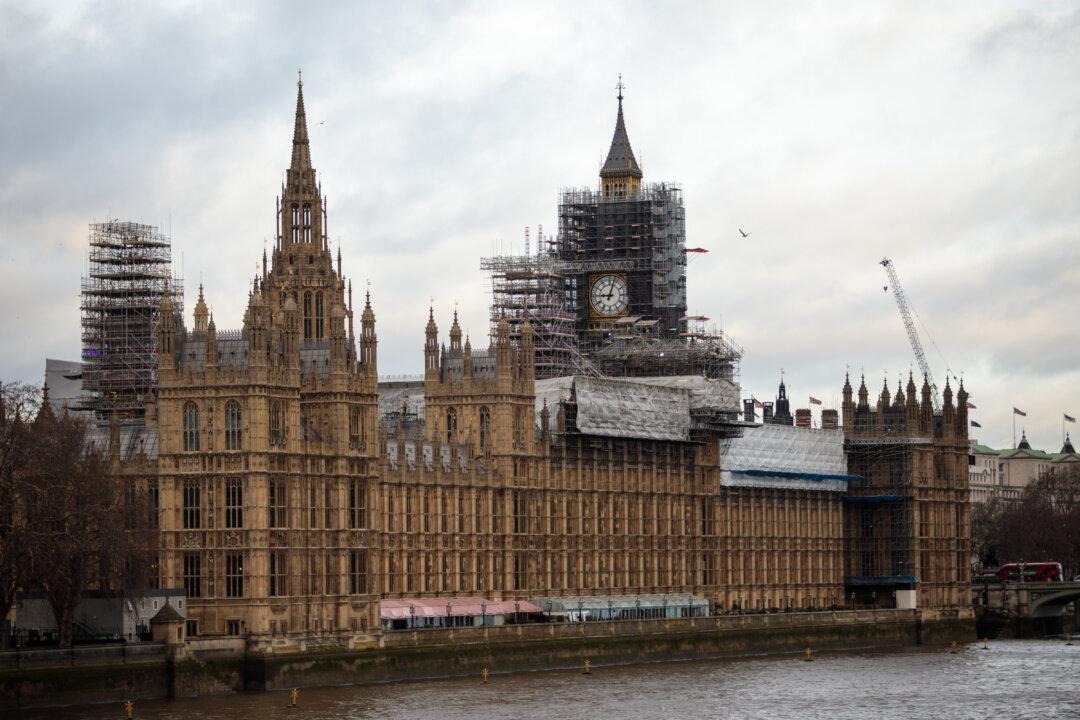Britain’s Equality Act should be amended as it has been interpreted in ways that “incentivize ideological uniformity” rather than true diversity, a conservative think tank has argued.
The Equality Act, which was enacted under a Labour government and came into effect in 2010, was intended to protect individuals from discrimination and promote a fairer and more equal society.





